Are you looking for Best Payment Gateways in Germany? If Yes, You are at the right place.
Germany is one of Europe’s strongest economies, with a booming e-commerce market that continues to grow year over year. As more consumers shift to digital shopping and online transactions, the need for secure, fast, and reliable payment gateways has never been more critical. Whether you’re a startup, a small business, or an established enterprise, choosing the right payment gateway is key to ensuring smooth, secure, and efficient transactions.
Germany is one of Europe’s largest and most advanced economies, with a strong digital infrastructure and a booming e-commerce industry. As more businesses go online, having the right payment provider in Germany becomes essential for success. Whether you’re running a small online store, a mid-sized business, or a large multinational company, a reliable payment gateway ensures smooth transactions, enhances customer trust, and helps in managing payments efficiently.
If you’re just starting out or operate on a smaller scale, it’s worth exploring the Best Payment Gateways for Small Businesses to find options that offer affordable pricing, local payment support, and easy integration tailored for growing brands.
Choosing a gateway that supports the most popular payment methods in Germany, such as SEPA, SOFORT, and Giropay, is crucial to meeting customer expectations. Understanding the available payment methods in Germany allows businesses to tailor their checkout experience, ultimately boosting conversions and customer satisfaction.
In this Article, we’ll explore everything you need to know about payment gateways in Germany, from how they work to the top providers leading the market.
What are Payment Gateways?
A payment gateway is a technology that allows businesses to accept payments from customers through various channels, especially online. It acts as a bridge between a merchant’s website or point-of-sale system and the financial institutions involved in processing the payment.
When a customer enters their payment information during checkout, the gateway securely encrypts and transfers that data to the payment processor or acquiring bank for approval. This entire process happens within seconds and ensures the safe and successful transfer of funds from the customer to the merchant.
How Do Best Payment Gateways Work?
Top-tier payment gateways operate using advanced encryption, real-time data processing, and secure APIs to facilitate transactions. Here’s a simplified breakdown of the process:
- Customer Checkout: The customer selects items, proceeds to payment, and enters their card or bank details.
- Data Encryption: The gateway encrypts the payment information to protect it from fraud or theft.
- Authorization Request: The encrypted data is sent to the payment processor, then to the customer’s bank, to request authorization.
- Approval or Decline: The bank either approves or declines the transaction and sends the response back.
- Transaction Completion: If approved, the funds are transferred to the merchant’s account, and the customer receives confirmation.
Top payment gateways ensure that this process is seamless, secure, and fast, often completing the cycle in just a few seconds.
Why Do We Need Payment Gateways in Germany?
Germany has a high rate of online shoppers and a digital-savvy population. Consumers expect quick, secure, and convenient online payment methods in Germany. Additionally, many Germans prefer using German payment methods such as SEPA direct debit, SOFORT, and Giropay rather than international credit cards.
Payment gateways make it easier for businesses to integrate these local preferences into their checkout process. Without a proper gateway, businesses may face high cart abandonment rates, fraud risks, and poor user experiences.
Current Payment Solution Landscape in Germany
Germany’s payment ecosystem is diverse and increasingly digital. Traditional bank transfers and invoices (Rechnung) still hold significant popularity, but digital wallets, mobile payments, and Buy Now Pay Later (BNPL) options are catching up fast.
Giants like PayPal, Klarna, and Stripe dominate, but there’s also a strong demand for solutions that support local methods and offer flexible pricing, multilingual support, and seamless integration with German accounting systems. The competitive landscape offers various international and home-grown providers, each with unique features suited for different business needs.
Criteria to Look Out for Payment Gateways in Germany
When selecting a payment gateway in Germany, here are some essential criteria to keep in mind:
- Support for Local Payment Methods: SEPA, SOFORT, Giropay, Klarna, etc.
- Ease of Integration: Plug-and-play options for platforms like Shopify, WooCommerce, and Magento.
- Multilingual Support: Interfaces and customer support available in German and English.
- Security Standards: PCI-DSS compliance and robust fraud detection tools.
- Transaction Fees: Transparent and competitive fee structures.
- Currency Support: Ability to handle multi-currency transactions for international expansion.
- Customer Support: 24/7 assistance, especially in German time zones.
- Payout Speed: Fast settlements to improve business cash flow.
Top 10 Best Payment Gateways in Germany
Here are the list of Top 10 Best Payment Gateways in Germany…
1. PayPal Germany
PayPal is one of the most widely used and recognized payment gateways not just globally, but also in Germany. It has built a strong reputation for security, reliability, and user trust. Many businesses in Germany use PayPal because of its seamless integration with e-commerce platforms and mobile apps, making it an ideal solution for both local and international transactions. The platform also offers comprehensive buyer and seller protection policies, helping to build customer confidence and reduce fraud-related concerns.
Features:
- Supports all major credit/debit cards
- Buyer and seller protection
- Mobile-friendly interface
- Easy integration with platforms like WooCommerce, Magento, and Shopify
Pros:
- Trusted by millions
- Fast and easy setup
- Widely accepted
- Excellent security features
Cons:
- Higher transaction fees compared to some local providers
- Account freezes can occur during disputes
Best For: Small to medium businesses looking for a trusted and easy-to-integrate solution.
2. Stripe
Stripe is a highly flexible, developer-friendly payment gateway with a significant presence in the German market. Its suite of APIs and tools make it ideal for tech-focused businesses that require customization. In Germany, Stripe supports vital local payment options like SEPA Direct Debit, Giropay, and Klarna, allowing it to serve a wide variety of customers. Its powerful backend system enables easy management of transactions, subscriptions, and fraud prevention.
Features:
- Customizable checkout with APIs
- Subscription billing support
- Advanced fraud protection tools
- Supports multiple currencies and payment methods
Pros:
- Powerful for developers
- Clean user interface
- Wide local and global support
- Transparent pricing
Cons:
- Slightly technical for beginners
- Support can be limited for small businesses
Best For: Tech-savvy businesses or enterprises that need flexible, scalable solutions.
3. Klarna
Klarna is a dominant force in the German payment landscape, especially known for its Buy Now, Pay Later (BNPL) services. It appeals to customers who prefer flexible financing options, helping merchants increase conversions and average order values. Klarna is trusted by thousands of retailers in Germany for its ease of use, smooth checkout experience, and reliable customer support.
Features:
- Pay Later, Pay Now, and Financing options
- User-friendly dashboard
- High approval rates
Pros:
- Increases conversion and average order value
- Great for customer retention
- Easy integration
Cons:
- Higher merchant fees
- Customers may overextend credit
Best For: E-commerce stores looking to offer flexible payment options to improve sales.
4. Mollie
Mollie is a rapidly growing European payment service provider that’s gaining popularity in Germany due to its simplicity, transparency, and affordability. It offers an intuitive interface and supports many of Germany’s preferred payment methods, such as SEPA, SOFORT, and credit cards. With Mollie, businesses can get started quickly and track their performance using a real-time dashboard.
Features:
- Supports over 20 local and international payment methods
- Real-time dashboard for analytics
- Easy plug-ins for e-commerce platforms
Pros:
- Simple pricing
- User-friendly dashboard
- Strong local support
Cons:
- Limited advanced customization
- Delayed payouts for new accounts
Best For: Small businesses looking for an easy-to-use and affordable gateway.
5. Adyen
Adyen is a leading enterprise-grade payment solution that supports both online and in-person transactions. In Germany, it is favored by large businesses for its reliability, scalability, and integration with multiple payment methods. Adyen offers powerful reporting tools and advanced fraud detection features, making it suitable for companies with complex operations.
Features:
- Unified commerce across online and offline channels
- Supports over 250 payment methods
- Advanced reporting and fraud tools
Pros:
- Highly scalable
- Global coverage
- Enterprise-level security
Cons:
- Complex setup
- Not suitable for small businesses due to costs
Best For: Large enterprises and global e-commerce platforms.
6. SIX Payment Services (Worldline)
SIX Payment Services, now part of Worldline, offers tailored payment solutions specifically for the European market. With decades of experience, the company provides trusted services to businesses in Germany, particularly in retail and hospitality. It focuses on delivering secure, customizable solutions that support both local and cross-border commerce.
Features:
- Multi-channel payment processing
- Tailored services for retail and hospitality
- Strong customer support in German
Pros:
- Strong industry reputation
- Custom packages
- Local expertise
Cons:
- Not transparent on pricing
- Onboarding can be slower
Best For: Medium to large businesses looking for traditional reliability and personalized solutions.
7. Giropay
Giropay is a native German online payment method based on direct bank transfers. It is extremely popular with German consumers due to its speed and security. Merchants that cater to a domestic audience benefit from high customer trust and minimal risk of chargebacks.
Features:
- Direct payments from German bank accounts
- No registration needed
- Instant confirmation
Pros:
- High trust level among Germans
- No chargebacks
- Real-time payments
Cons:
- Only supports German bank accounts
- Not suitable for cross-border transactions
Best For: Businesses catering to German customers with local bank accounts.
8. SOFORT (Klarna)
SOFORT, now a part of Klarna, is a widely used online banking payment method in Germany and across Europe. It allows customers to pay directly via their bank account, without the need for credit cards or e-wallets. The process is fast, secure, and widely trusted.
Features:
- Instant bank payments
- Direct checkout integration
- Real-time payment confirmation
Pros:
- Popular in Germany
- Secure transactions
- Low fees
Cons:
- Only works with EU banks
- Limited branding customization
Best For: European e-commerce stores focusing on fast, local payments.
9. Amazon Pay
Amazon Pay is a secure and user-friendly payment solution that lets customers use their Amazon account information to make payments on third-party websites. This brings familiarity and trust to the checkout experience, helping merchants improve conversions and reduce cart abandonment.
Features:
- Amazon-backed security
- Trusted checkout interface
- Multi-device compatibility
Pros:
- Instant trust factor
- Boosts conversion rates
- Easy for customers
Cons:
- Limited to Amazon users
- Not ideal for every industry
Best For: E-commerce stores that want to leverage Amazon’s customer trust and smooth UX.
10. BlueSnap
BlueSnap is a powerful all-in-one payment gateway that supports both local German transactions and international payments. It offers features like subscription billing, fraud protection, and real-time analytics, making it a strong choice for growing businesses.
Features:
- All-in-one platform for B2B and B2C
- Built-in fraud prevention
- Subscription and invoice management
Pros:
- Strong reporting features
- Global reach with local focus
- Versatile payment model
Cons:
- Can be complex for beginners
- Premium pricing
Best For: Growing businesses that need robust tools and international expansion.
How to Choose the Best Payment Gateways in Germany?
Choosing the best payment gateway in Germany involves more than just comparing prices. It requires a careful evaluation of your business needs, your customers’ payment habits, and the technical capabilities of the gateway provider. Since Germany has a unique e-commerce environment with a strong preference for local payment methods like SEPA Direct Debit, SOFORT, and Giropay, your payment gateway should be able to support these seamlessly.
1. Understand Your Business Type and Size
Start by identifying the type and size of your business. If you’re a small or medium-sized business, you may want to focus on affordability, ease of integration, and support for popular local payment options. On the other hand, large enterprises may require more advanced features such as multi-currency processing, fraud prevention, recurring billing, and support for international transactions.
2. Know Your Customers’ Payment Preferences
Germany has its own payment culture. Many customers prefer not to use credit cards and instead rely on German payment methods like SEPA, SOFORT, or Giropay. Your payment gateway should cater to these preferences to improve conversions and reduce cart abandonment. Supporting online payment methods in Germany is essential for customer satisfaction and trust.
3. Compare Features and Fees
Different providers offer different features such as mobile payments, subscriptions, fraud detection, analytics, and multi-channel support. Compare what each gateway includes in their standard offering and look out for hidden fees like chargeback fees, international transaction costs, or currency conversion rates. For startups or low-volume businesses, flat transaction rates and no monthly fees may be more favorable.
4. Evaluate Integration and Usability
Your gateway should be easy to integrate with your existing e-commerce platform, CRM, and accounting tools. Look for platforms that offer plugins for Shopify, WooCommerce, Magento, or custom API integrations. Test the user experience—both for your team on the backend and for your customers at checkout—to ensure it’s smooth and intuitive.
5. Scalability and Global Support
If you plan to expand your business internationally, your payment gateway should support multi-currency payments, international cards, and cross-border compliance. Some gateways are designed to scale with your growth, providing features like automated tax calculation, language localization, and global fraud management.
6. Security and Compliance
Ensure that the provider is PCI DSS compliant and offers features like SSL encryption, tokenization, and 3D Secure authentication. German and EU data protection laws are strict, so your provider must be GDPR-compliant and able to protect both you and your customers’ financial data.
7. Customer Support and Reputation
Look into the provider’s customer service quality. Are they quick to respond to issues? Do they offer support in German? Reliable support can save you time and money if something goes wrong. Also, check online reviews and case studies to see how other businesses in Germany have benefited from their services.
Key Considerations for Choosing a Payment Gateway
Before diving into the specifics, it’s essential to understand the factors that influence the selection of a payment gateway:
- Security: Ensuring transactions are secure with PCI-DSS compliance and advanced fraud detection mechanisms.
- Transaction Fees: Competitive pricing models that align with your business volume and transaction sizes.
- Integration: Ease of integration with your e-commerce platform, whether it’s a plugin or custom API integration.
- Customer Support: Availability of responsive and effective customer service.
- Payment Methods: Support for a wide range of payment methods popular in Germany, such as SEPA direct debit, Giropay, and Sofortüberweisung.
- Payout Speed: Quick and reliable settlement of funds into your business account.
- User Experience: A smooth and efficient checkout process to minimize cart abandonment rates.
Benefits of Payment Gateways in Germany
- Enhanced Security: Protects sensitive payment information with encryption.
- Convenient Checkout: Offers seamless user experience to reduce cart abandonment.
- Multi-Payment Support: Accepts credit cards, digital wallets, and bank transfers.
- Automated Processing: Reduces manual effort and human error.
- Scalability: Supports business growth by handling increasing transaction volumes.
- Local Compliance: Meets data protection and financial regulations in Germany.
FAQs
Do I Need a Payment Gateway to Sell Online in Germany?
Yes, if you’re accepting digital payments, a payment gateway is essential for processing them securely and efficiently.
Which Payment Gateway is Best for Small Businesses in Germany?
Mollie, Stripe, and PayPal are popular among small businesses for their ease of use, pricing transparency, and local method support.
Is It Safe to Use Online Payment Gateways in Germany?
Yes, as long as the gateway is PCI-DSS compliant and uses SSL encryption. Most top providers also include fraud protection features.
Can I Accept SEPA Payments with International Gateways?
Many international gateways like Stripe, Adyen, and Mollie support SEPA Direct Debit for customers in Germany and across the EU.
How Long Does it take to Receive Funds Through a Payment Gateway?
Payout times vary but typically range from 1 to 3 business days depending on the provider and your bank.
Conclusion
As Germany’s e-commerce space continues to evolve, having the right payment gateway in place is no longer optional. It is a necessity. By choosing a gateway that supports local preferences, offers robust security, and scales with your business, you can boost your online presence and ensure a smooth shopping experience for your customers. Whether you run a small boutique or a multinational store, the right payment gateway will help you grow faster and smarter in Germany’s competitive market.
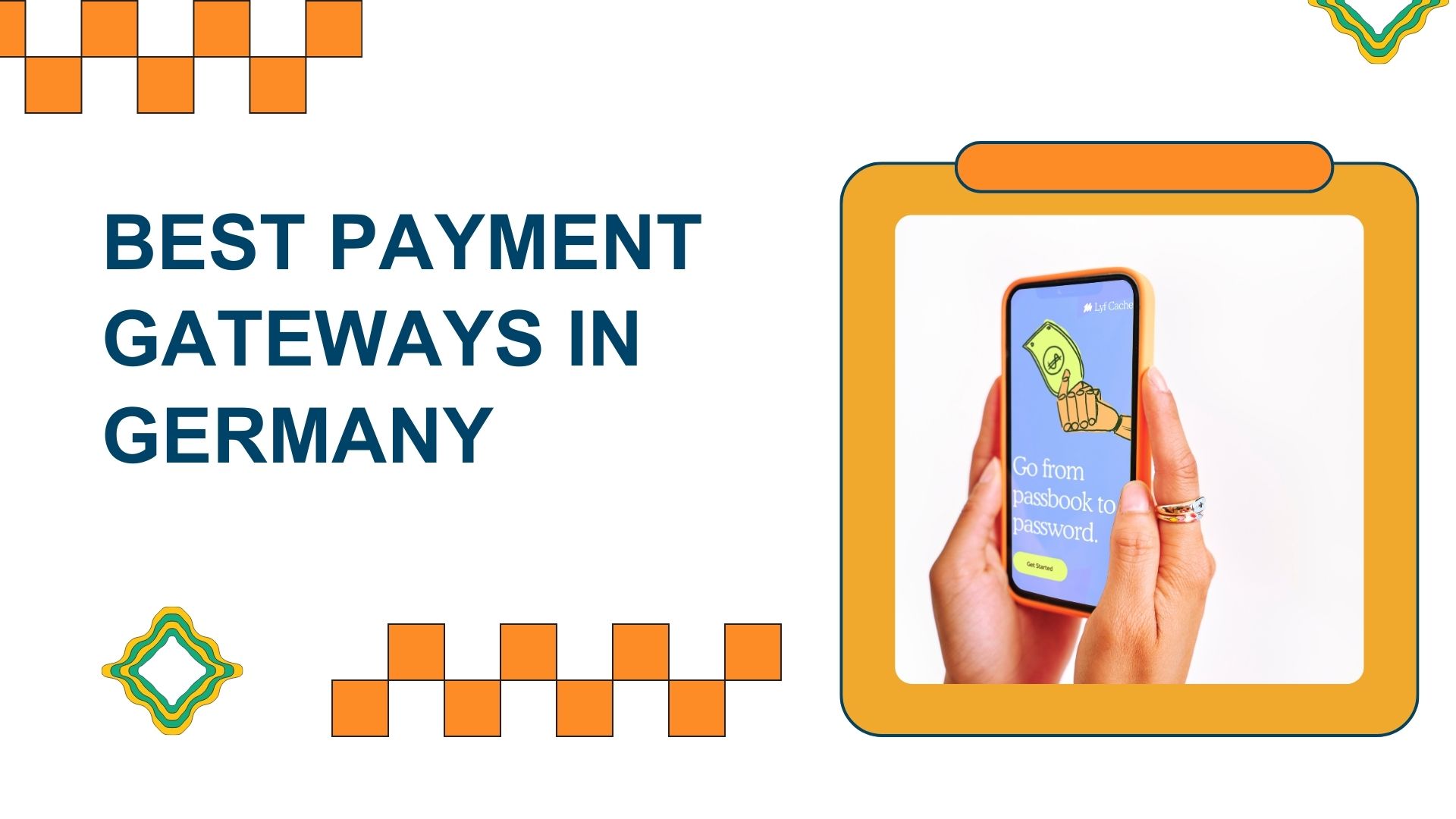

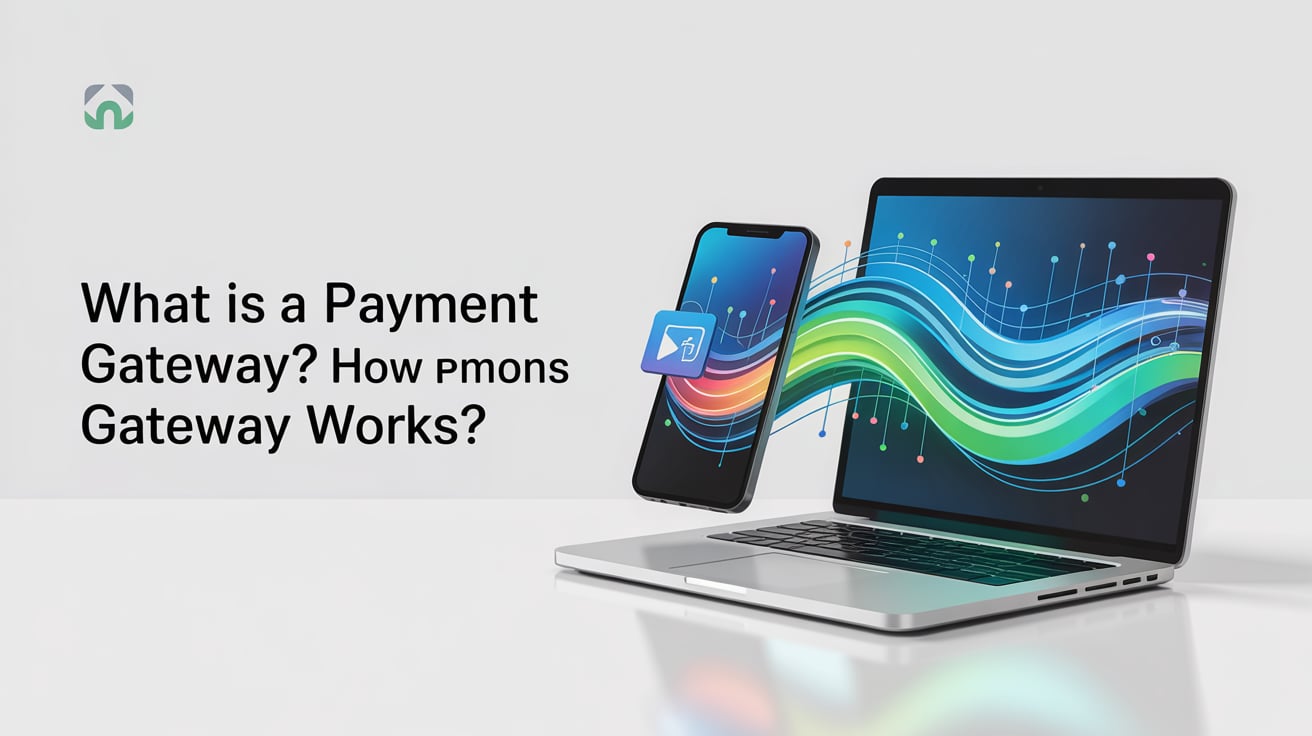
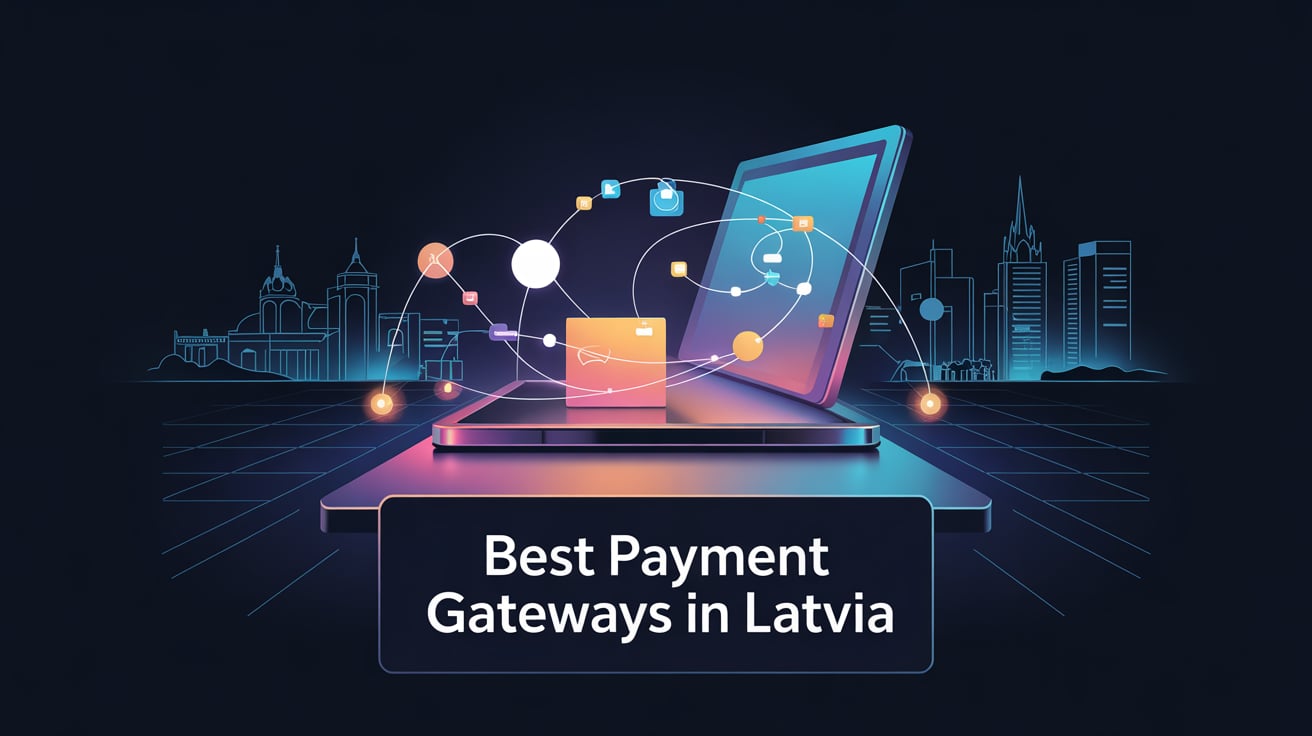

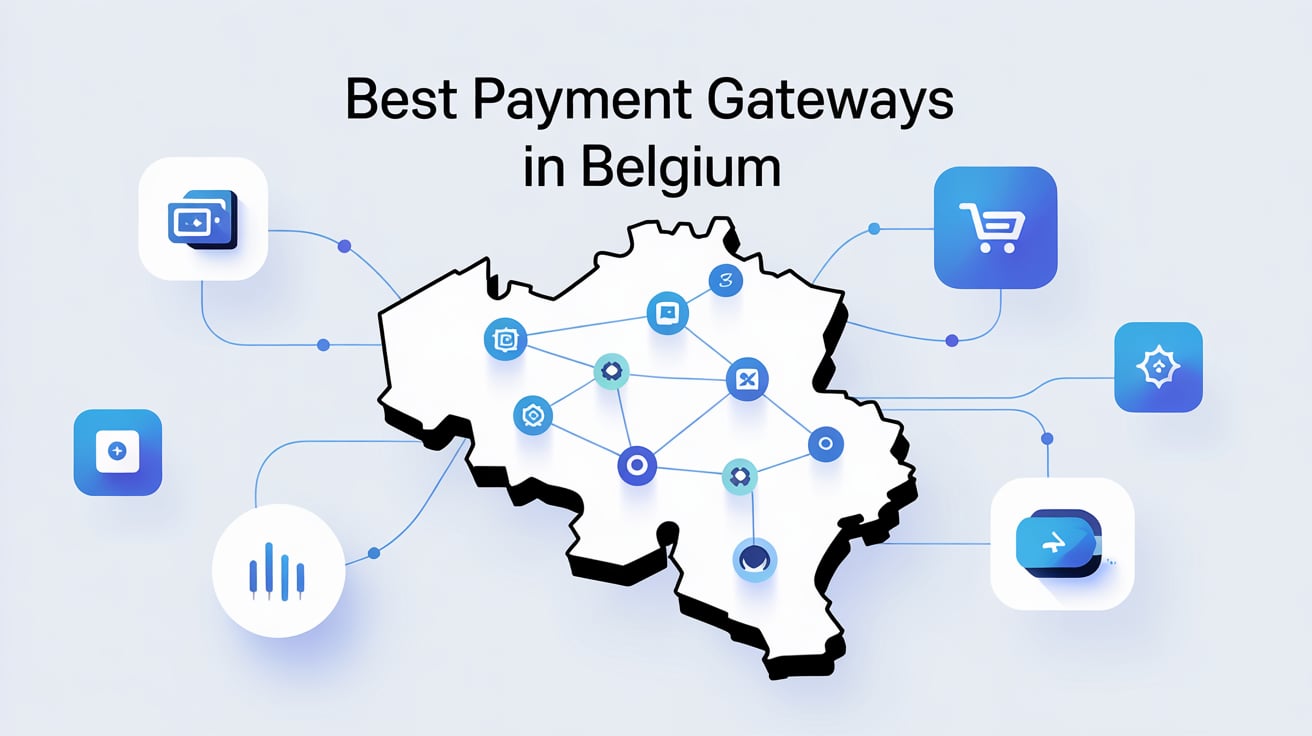
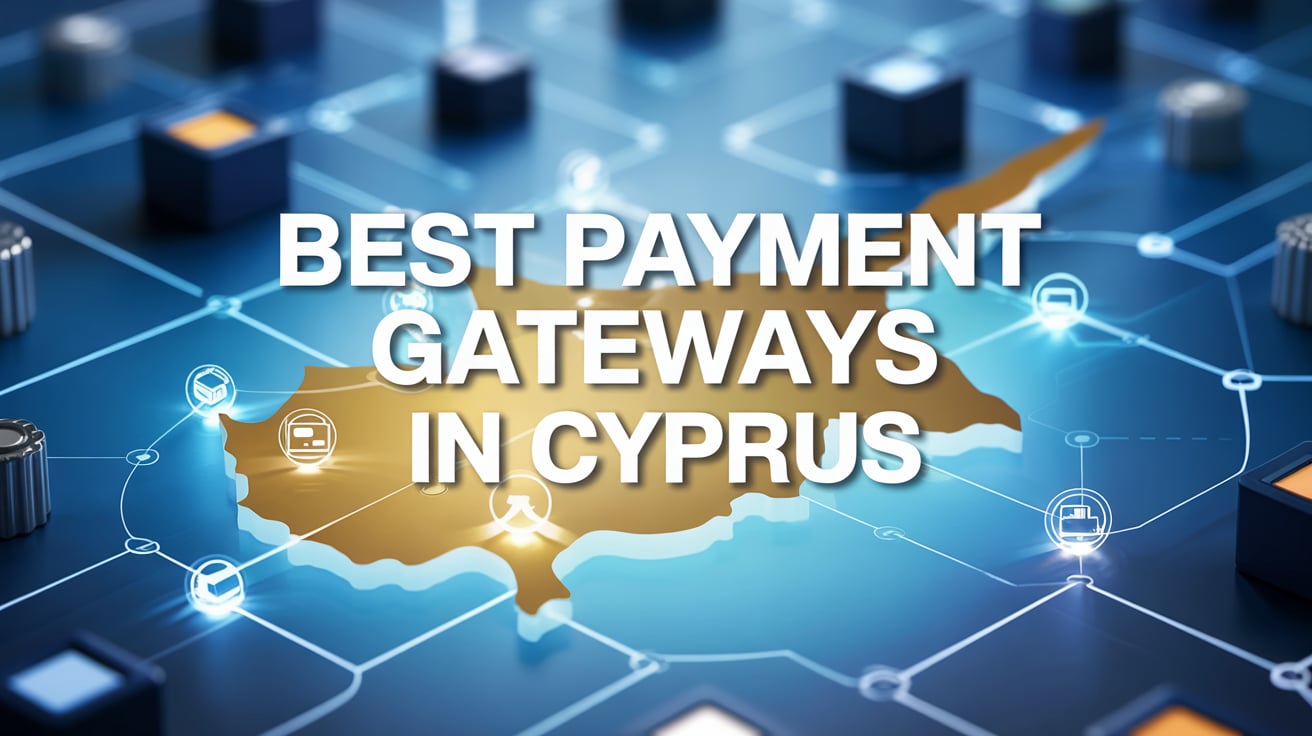
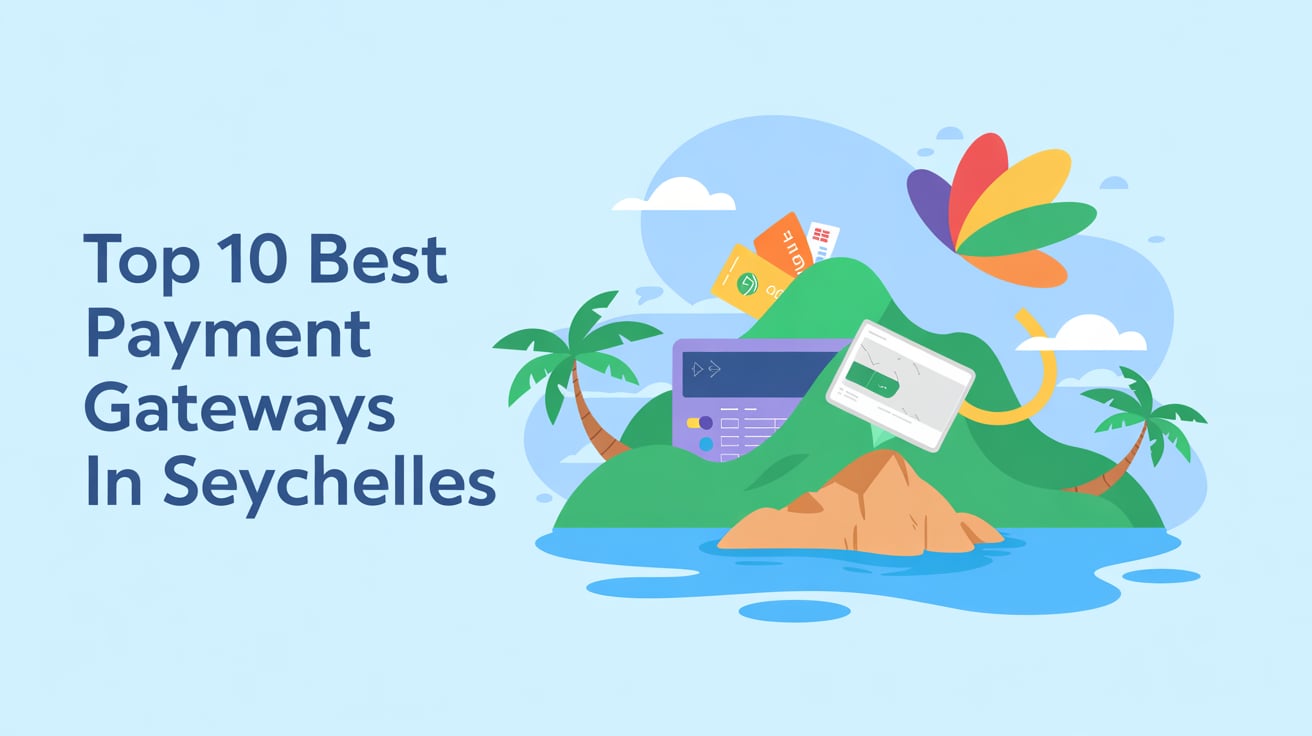
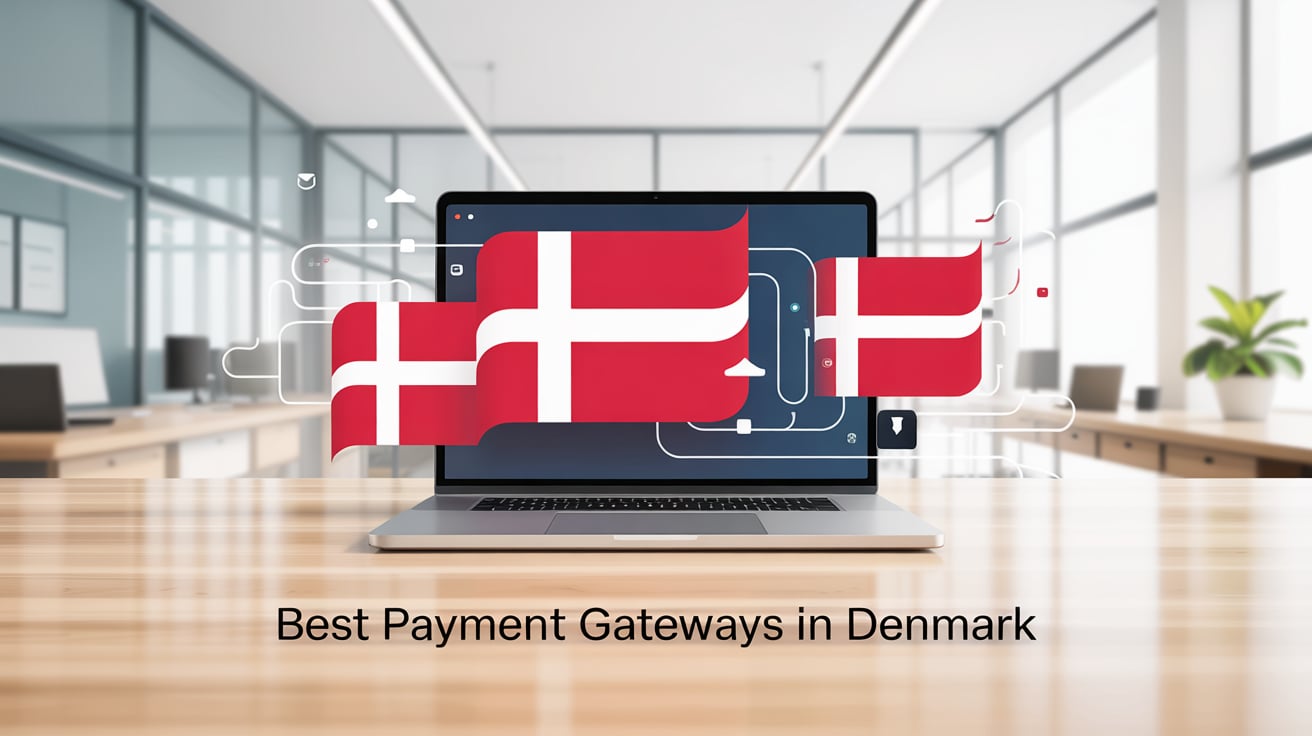
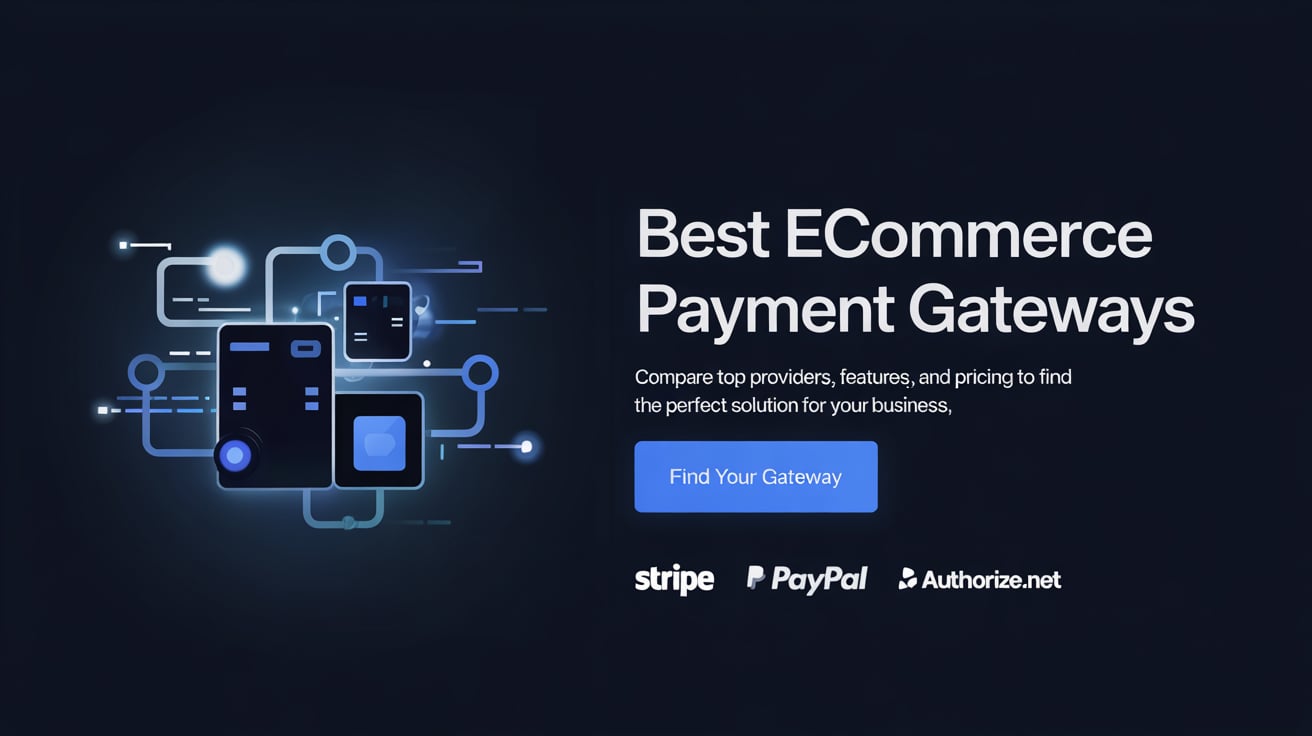
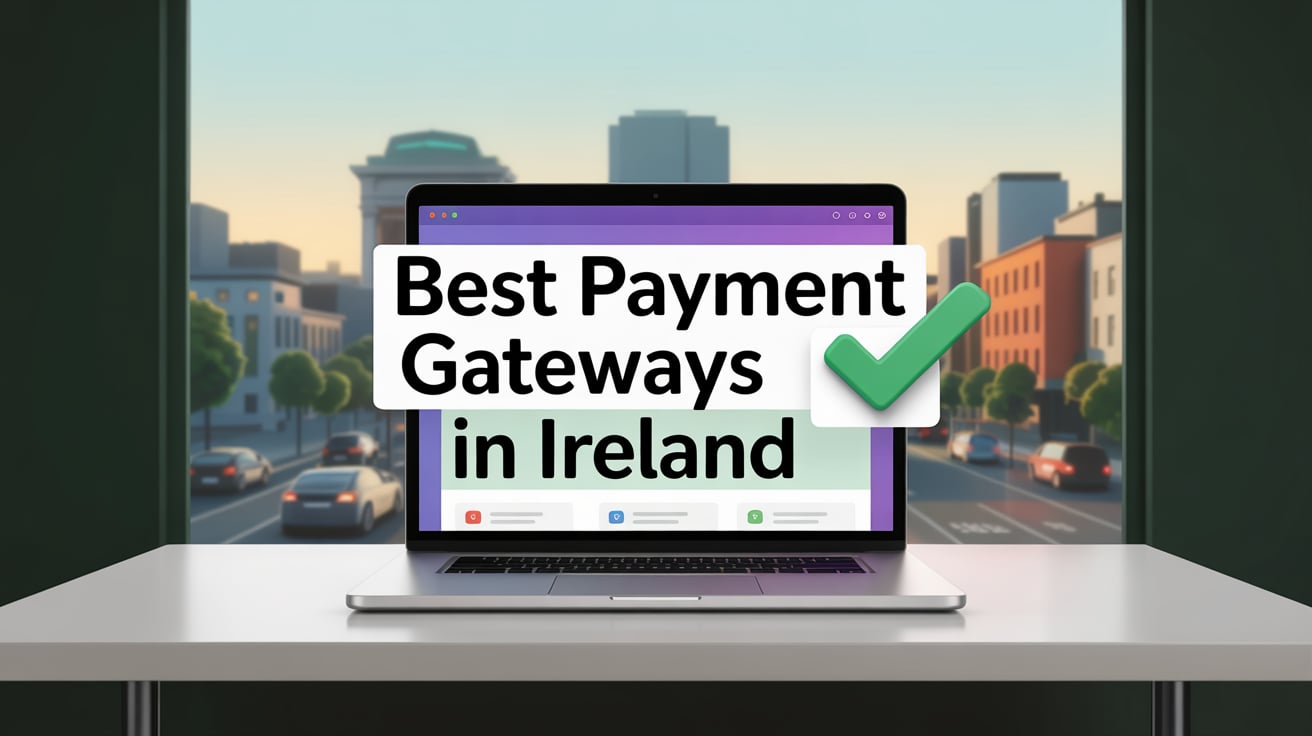
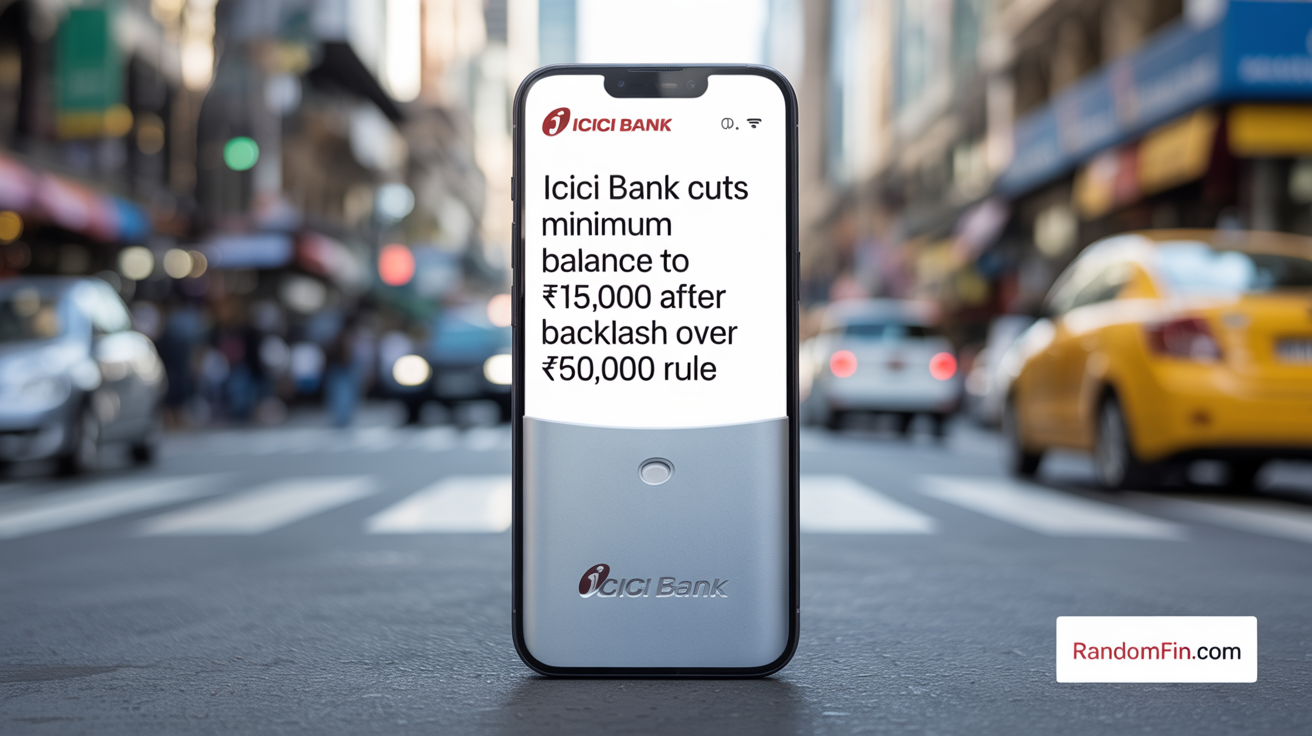


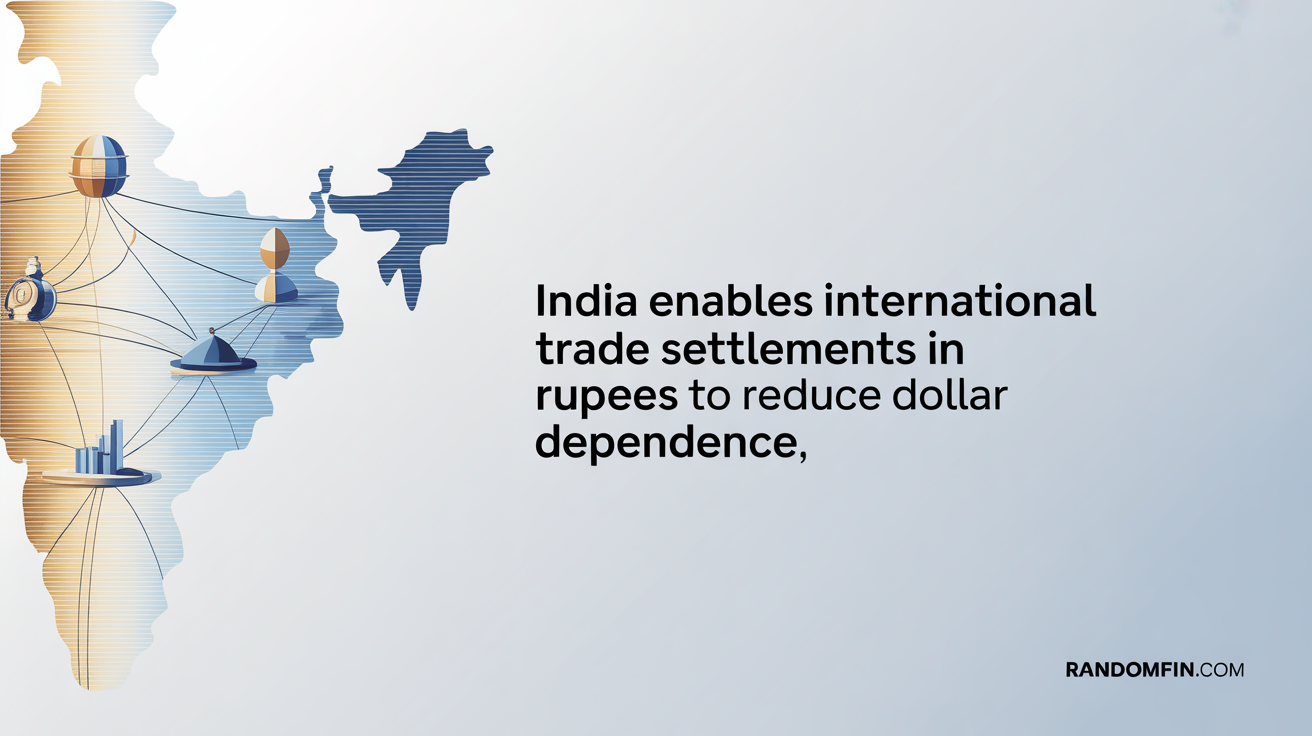
Leave a Reply